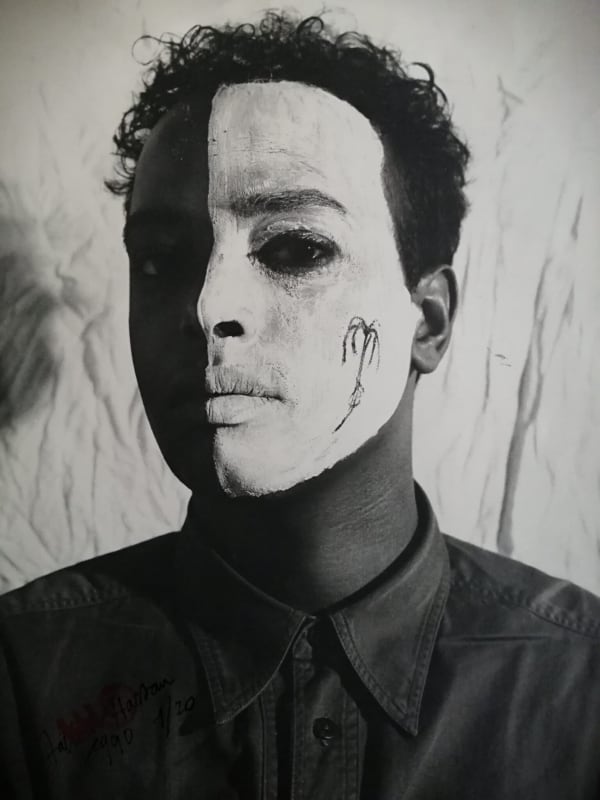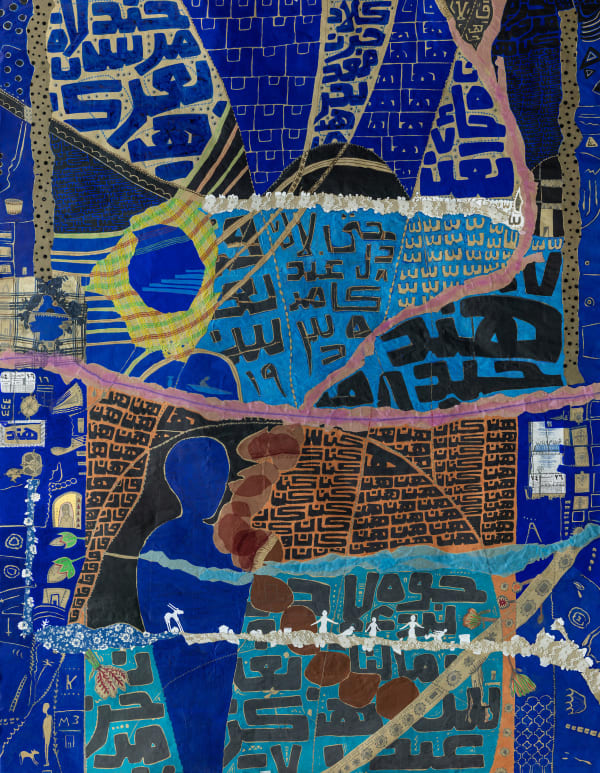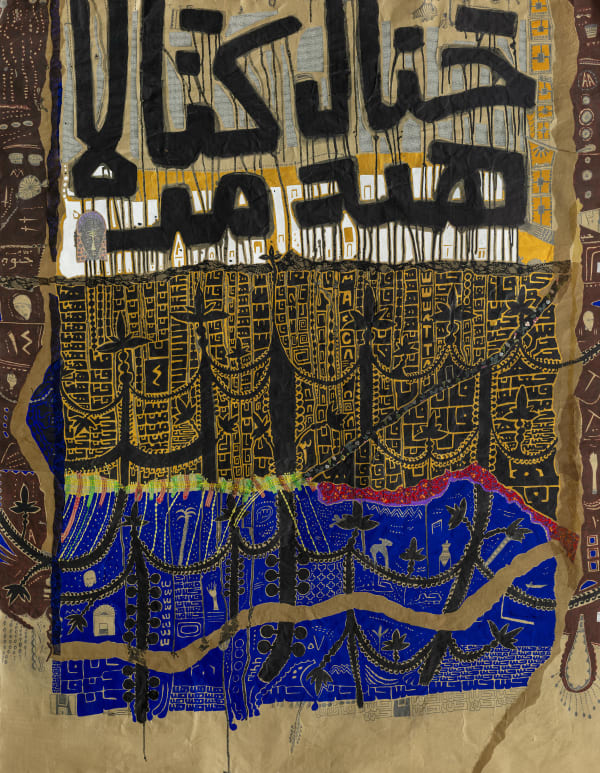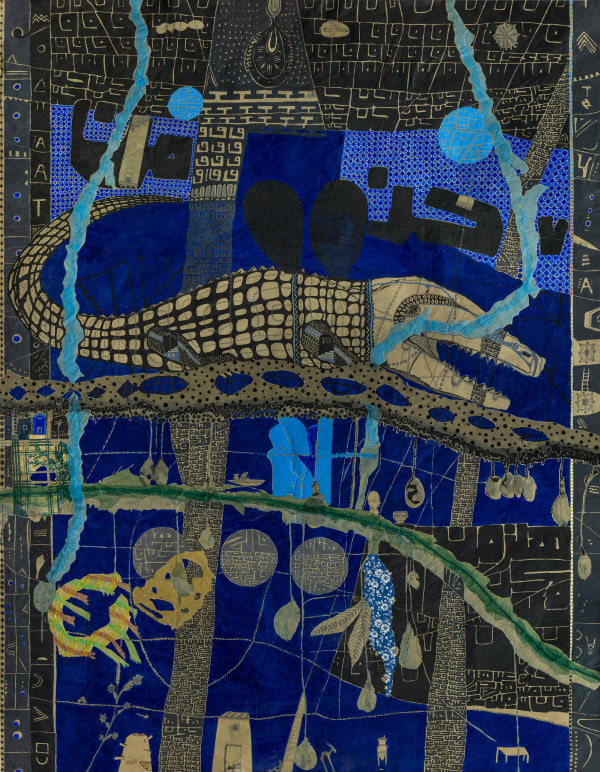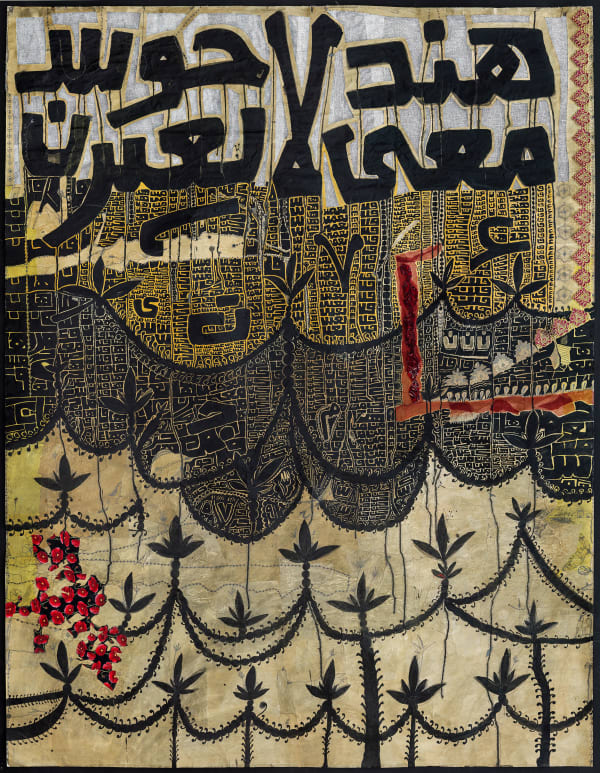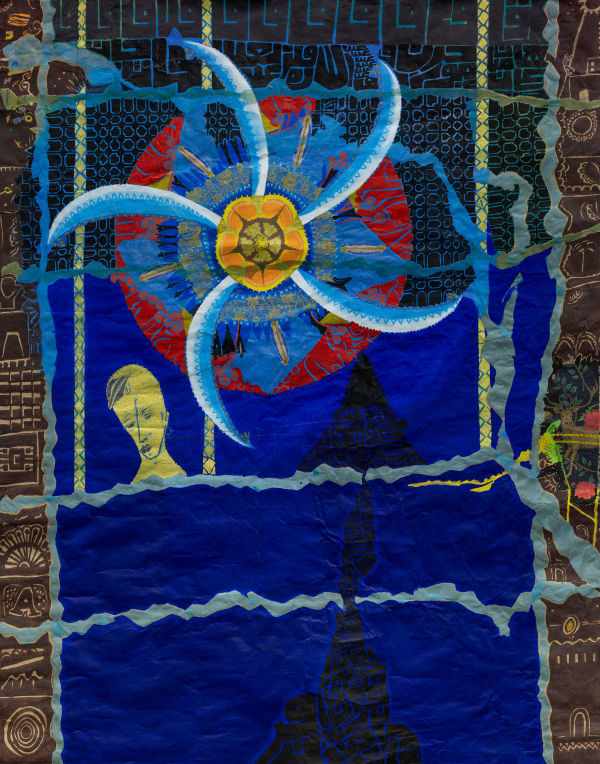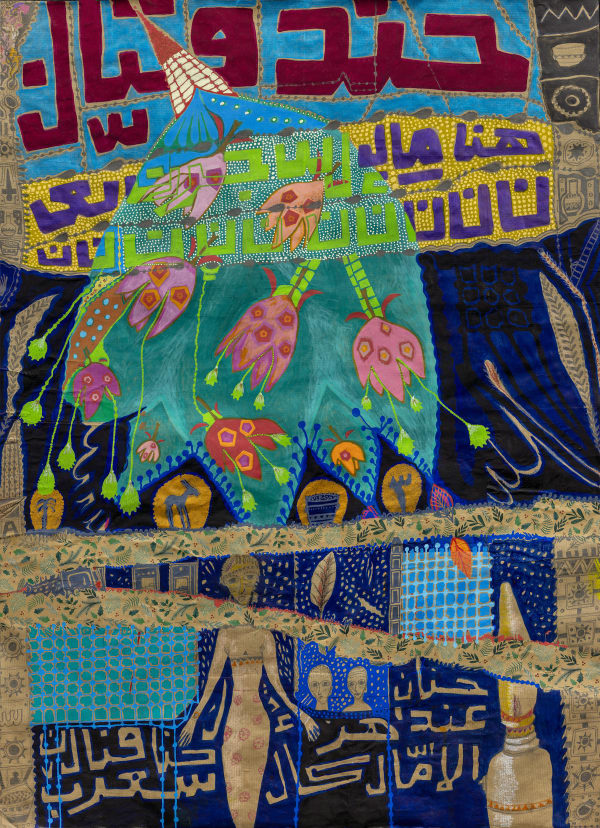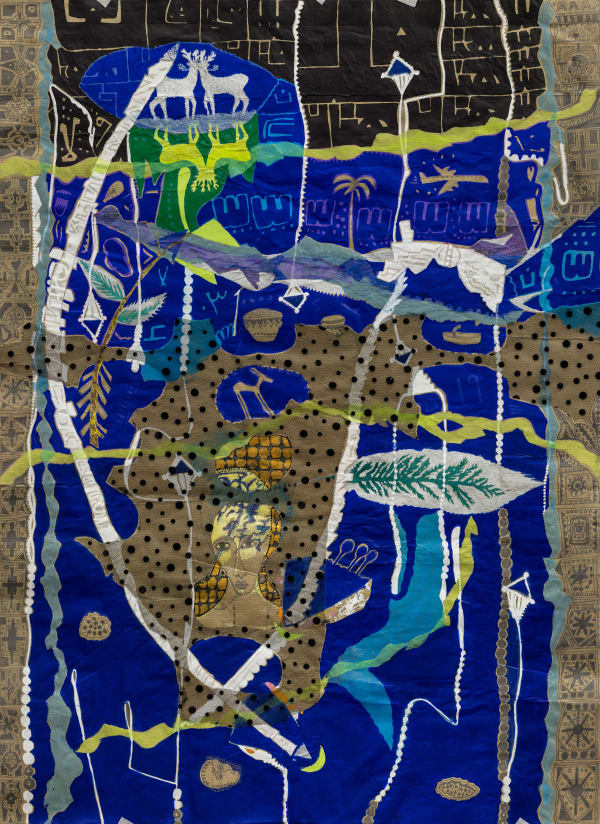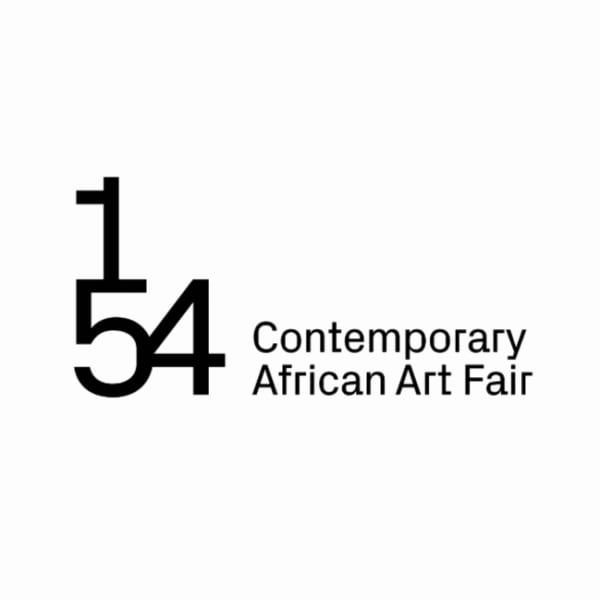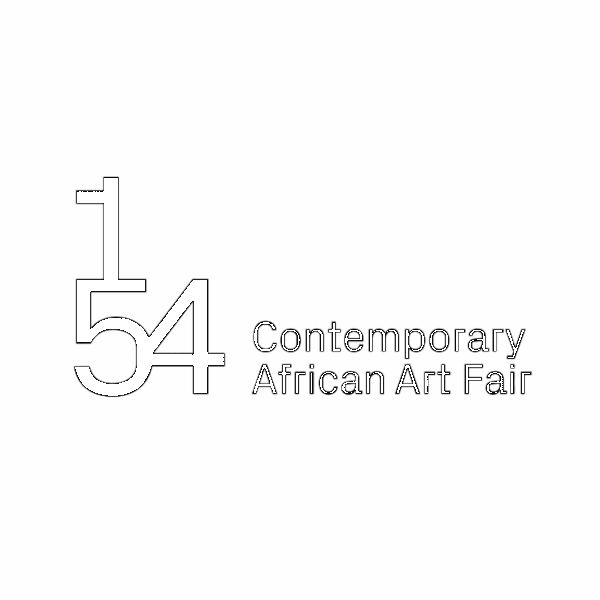Fathi Hassan
Fathi Hassan's life and art are a testament to the resilience of heritage and the enduring power of expression. Born in Cairo in 1957 to a family of Nubian and Egyptian descent, his early years were marked by the upheaval caused by the construction of the Aswan High Dam in 1952. Forced to leave their ancestral homeland of Nubia, Hassan's family found themselves displaced, their memories submerged beneath the waters of Lake Nasser.
From these turbulent beginnings emerged a profound artistic voice, one that sought to give voice to the silenced echoes of history. Across various mediums - from photographs and paintings to installations and drawings - Hassan's work defied convention, employing deliberately abstract calligraphy to underscore the plight of lost languages and oral traditions in the wake of colonial domination.
In his formative years, Hassan's talent drew him to Naples Art School, where he received a grant to study in his early twenties. Graduating in 1984, he embarked on a journey that would lead him to Italy, where he would reside for many years, steeping himself in the rich cultural tapestry of the Mediterranean.
As his artistic journey unfolded, Hassan found himself drawn to the intersections of language, symbolism, and heritage. Inspired by the ancient Kufic scripts of his Nubian roots, he crafted a visual language all his own, infusing his creations with vibrant colors and textured collages that blurred the boundaries between graphic symbolism and literal meaning.
Organic forms found fertile ground in Hassan's artistic explorations, with the natural world serving as both muse and canvas. Faces, leaves, plants, and celestial bodies emerged as recurring motifs, imbued with layers of symbolic significance and cultural resonance. His experimentation extended even to the vase form, as seen in his acclaimed series of Containers.
Across continents and oceans, Fathi Hassan's oeuvre resonates within the hallowed halls of esteemed institutions. From the storied halls of the Metropolitan Museum of Art in New York to the venerable chambers of the Victoria and Albert Museum and the British Museum in London, his work traverses continents, igniting fires of contemplation and discourse. In Washington DC, the Smithsonian National Museum of African Art bears witness to his indelible legacy, while Farjam Collections in Dubai become a testament to his global impact. With each collaboration, Hassan's work transcends borders, transcending the constraints of geography to embrace the universal language of art.
Through his art, Fathi Hassan invites us to confront the complexities of history and heritage, offering a glimpse into the enduring resilience of the human spirit in the face of adversity.
-
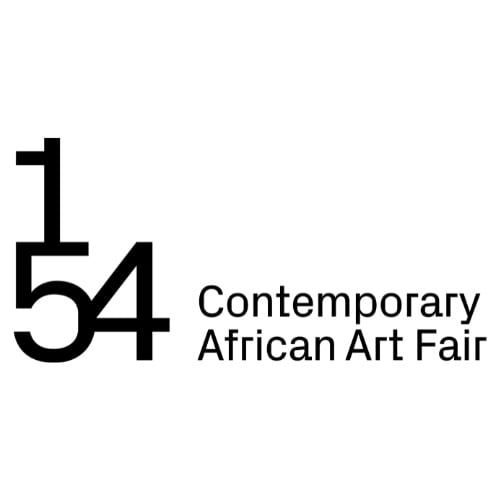
1-54 London 2024
London, UK 10 - 13 Oct 2024On the occasion of the 2024 edition of 1-54 Contemporary African Art Fair in London, Nil Gallery presents a curated exhibition featuring works by five...Read more -
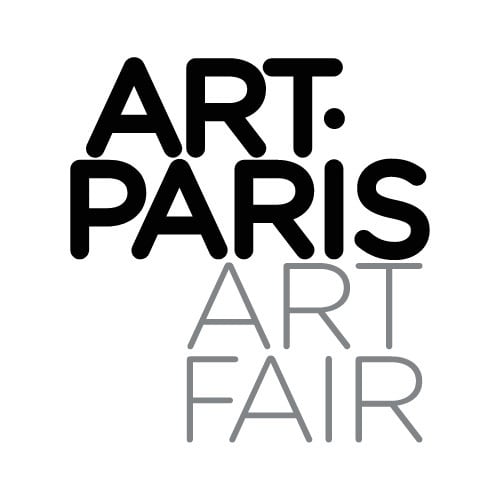
Art Paris Art Fair
Paris | France 4 - 7 Apr 2024Nil Gallery presents "Goodbye Nubia,” a solo exhibition by the renowned Fathi Hassan. The French Gallery celebrates the transcendent work by the Egyptian artist paying homage to his enduring legacy, which continues to inspire and uplift audiences around the world.Read more -
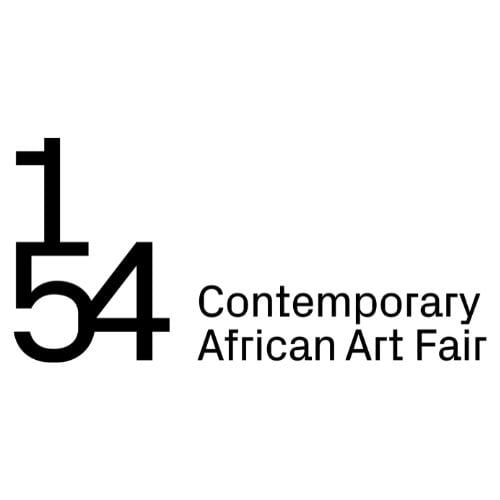
1-54 LONDON 2023
LONDON | UNITED KINGDOM | SOMERSET HOUSE 12 - 15 Oct 2023'Roots & Reflections: A Contemporary Dialogue' brings together the diverse works of four artists—Fathi Hassan, Kpe Innocent, Caleb Kwarteng Prah, and Slimen Elkamel—whose unique voices...Read more -
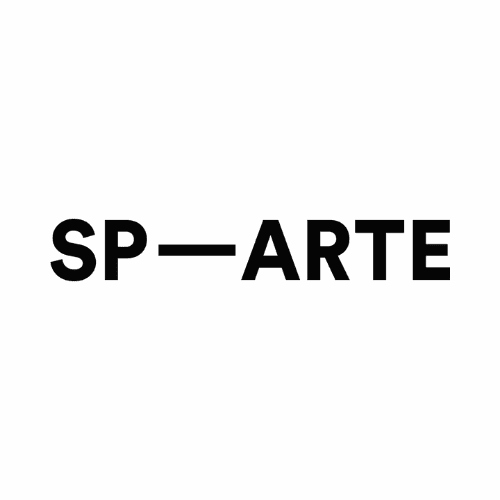
SP-ARTE
SAO PAULO | BRASIL 29 Mar - 2 Apr 2023Nil Gallery is participating to SP-ARTE art fair in São Paulo, in Brazil. Showcasing 6 of its artists : Miles Debas, Fathi Hassan, Isaac Ato Jackson, Gommaar Gilliams, Slimen Elkamel and Kiko Miyares.Read more
